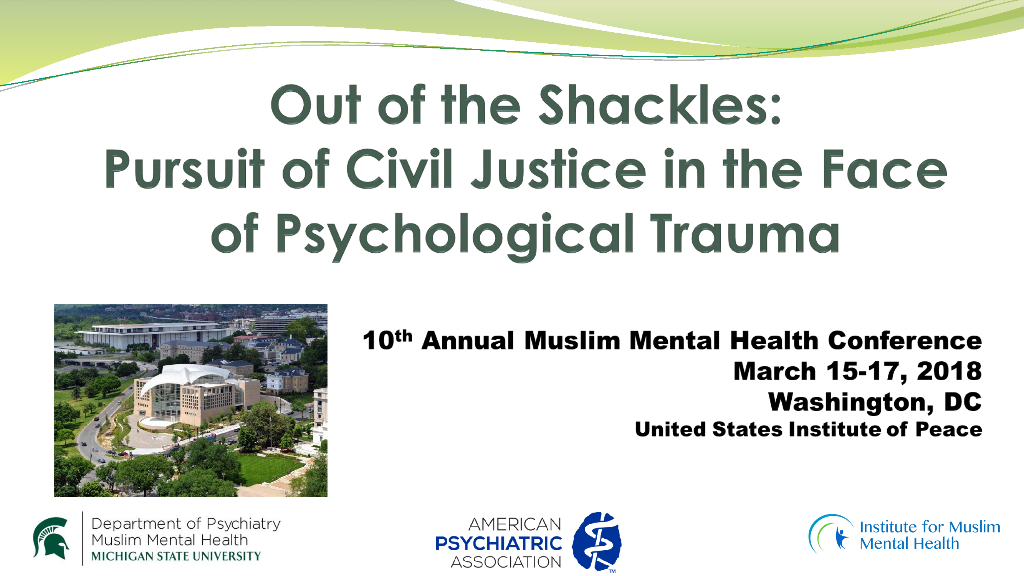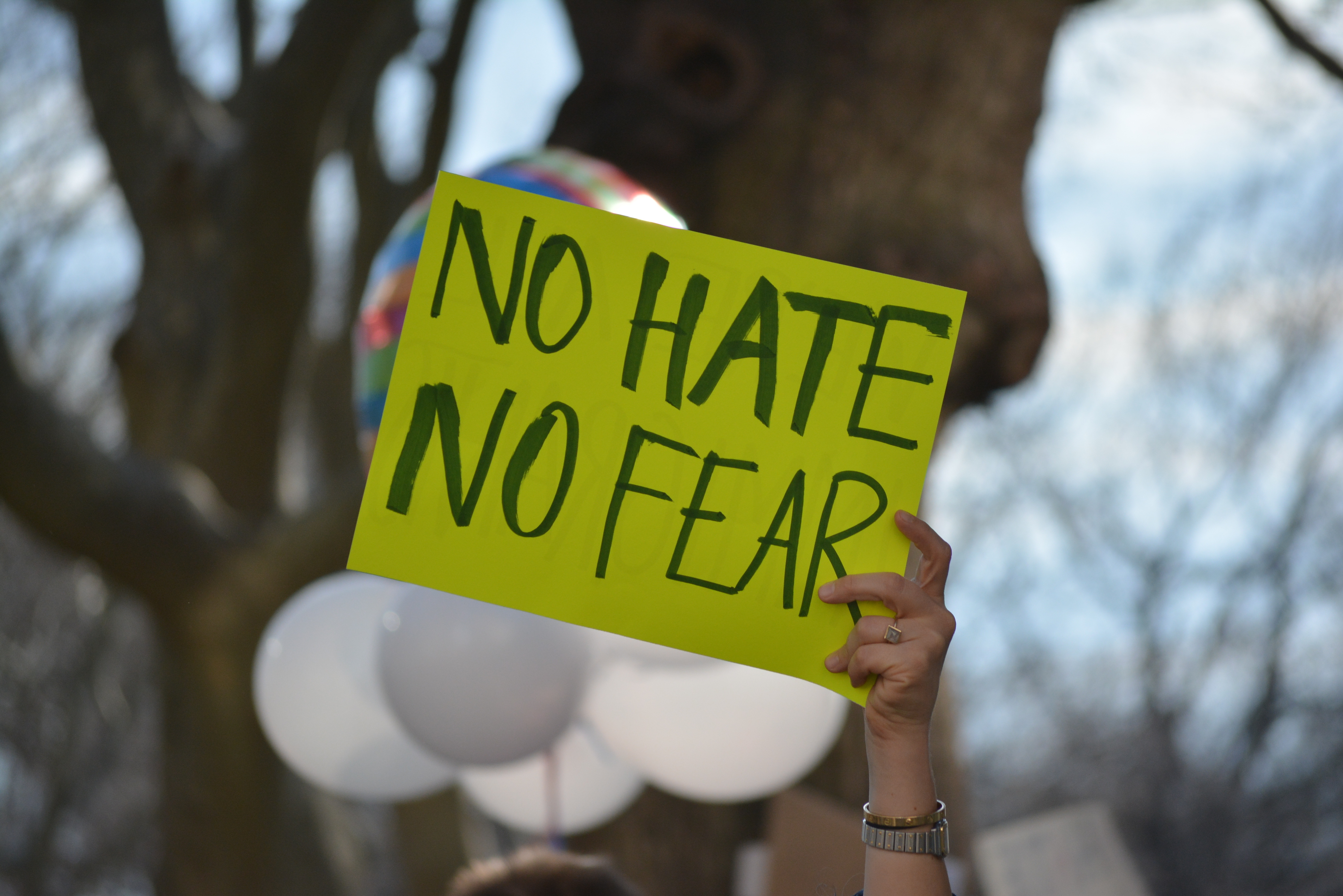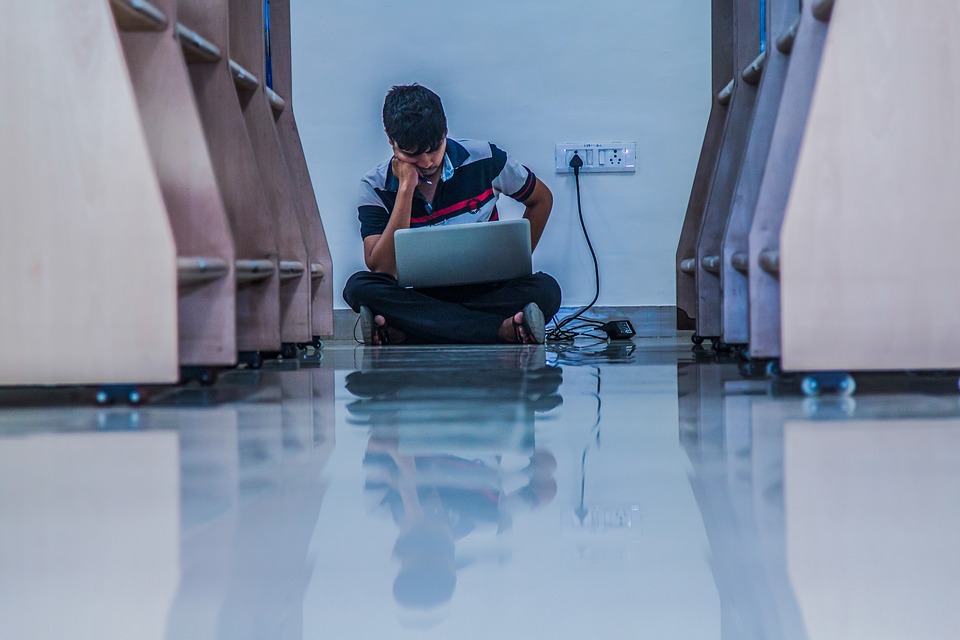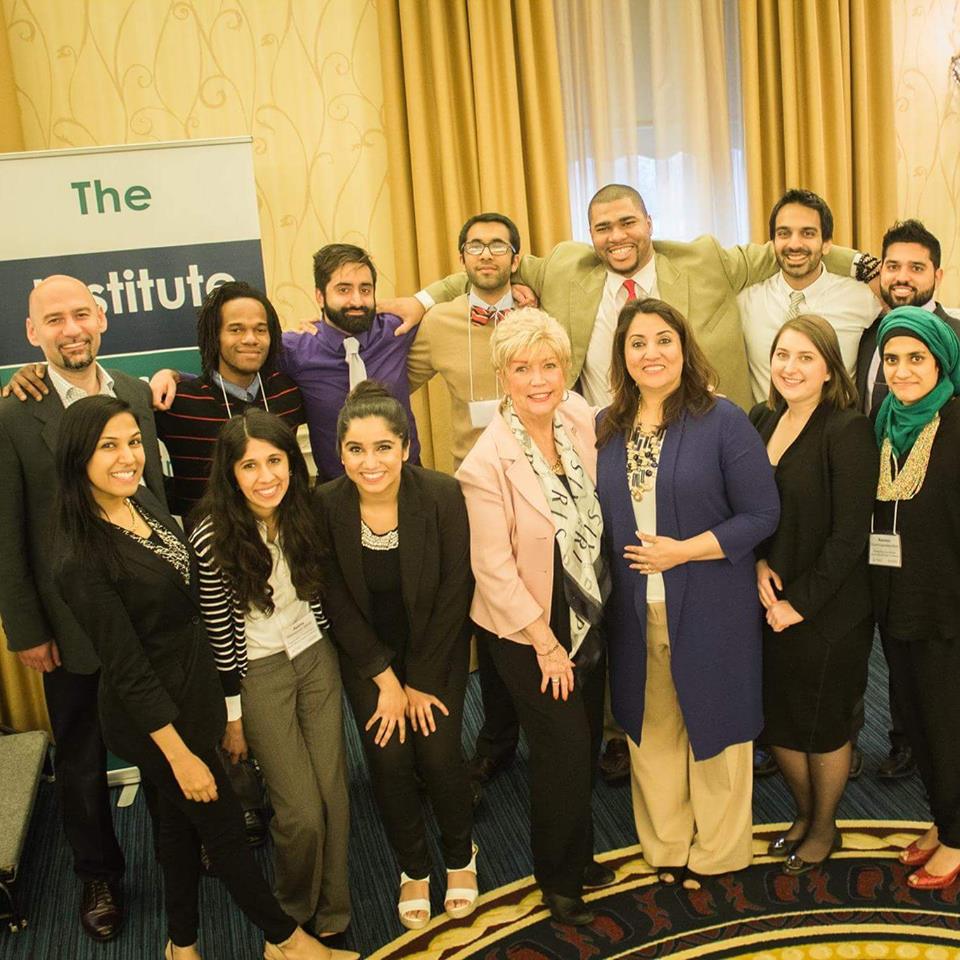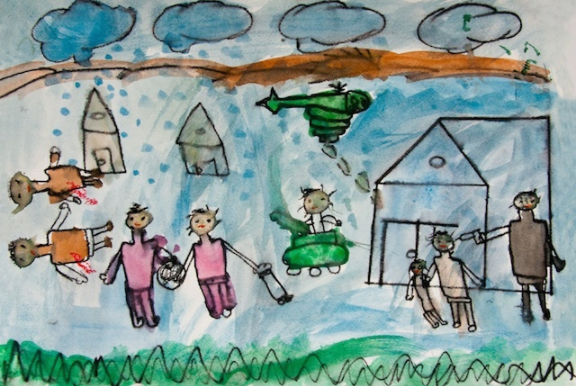Posts by neonadmin
The IMMH Experience
I was introduced to the work of the Institute of Muslim Mental Health during their 2016 Annual Conference. It was my first glimpse of the diverse, passionate community of helpers who have been pioneering into innovative and critical work to address the needs of a deeply underserved population. Workshops about substance abuse, crisis management, community outreach, international trauma work and systemic policy issues demonstrated the breadth of focus engaging Muslim mental health providers throughout the world. Experiencing the excitement shared by presenters and researchers encouraged me to join IMMH to help in any way I could.
Read MoreFive Findings from the 2017 Pew Report
The Pew Research Center study “U.S. Muslims Concerned About Their Place in Society, but Continue to Believe in the American Dream” focused on a wide variety of topics concerning American Muslims in the context of Trump’s presidential campaign and his initial months in office. Five findings of the 198-page report are particularly relevant for mental health professionals who care for American Muslims.
Read MoreSupporting Victims of Spiritual Abuse
Knowing how best to advocate and work with clients who have been subjected to harassment and abuse can be a weighty and difficult task. It may seem even harder when those responsible for the abuse are trusted spiritual or religious authority figures whom our clients look to for guidance and support. When a client walks into our office with stories of such abuse, or we suspect that our client may be the victim of such abuse, there are several things we should keep in mind as we support them.
Read MoreResources for Muslim Youth
Living in the digital age with a 24-hour news cycle and global political unrest makes it difficult for teenagers to unplug when tragedies occur. It can be tough for youth to emotionally distance themselves from certain events especially if it feels like their identities are under attack. Young people today also face new challenges when it comes to harassment due to the rise of social media. Outlets such as Facebook and Twitter can often be a hotbed for hate speech.
Read More9th Annual Muslim Mental Health Conference
APRIL 13-14, 2017 300 M.A.C. Avenue, East Lansing MI 48823 The Annual Muslim Mental Health Conference brings together faith leaders, health care providers, and researchers to examine topics related to mental health across the American Muslim community. Participants can expect to hear relevant speeches by keynote speakers, scholarly research presentations, and panel discussions. 2017 Muslim Mental…
Read MoreCall for Papers
The Journal of Muslim Mental Health is a much-needed resource for professionals seeking to identify and explore the mental health care needs of Muslims in all areas of the world.
Read MoreI Am Your Psychiatrist, Not Your Sheikh
Let’s face it, being a Muslim mental health professional isn’t always easy. We often times deal with stigma from all around – from within the community, from society and from in the masjid. We may share a common desire to provide care, healing and hope to the mentally ill members of our very own Muslim communities. Some of us are often driven by rescue fantasies — but when do such subconscious drives blur boundaries? While we embark on this professional path with optimism, bright eyes and a sense of idealism, as we start to see patients of similar backgrounds, we may experience unexpected feelings and challenges. This can raise our anxiety about caring for Muslim clients and patients, especially for early career psychologists, therapists and psychiatrists. And so it is ironic that the very reason we ventured into this field can become an area of anxiety and consternation. And while Muslim clients oftentimes prefer practitioners of similar backgrounds, we know Muslims are not a monolith and represent a wide range of ethnicities, races and degrees of acculturation. How do we deal with situations when we are not the perfect fit as our clients desire?
Read MoreSyria’s Children: Mental Health Implications
The Syrian crisis has entered its seventh year. The country that once birthed the cradle of civilization is destroyed to a great extent and will likely never be the same. 13.5 million Syrians are in need of humanitarian aid – 5.8 million of which are children. Meanwhile, more than half a million Syrians have been killed, and millions (5 million, as reported by UNHCR this week) more have been displaced around the world since the beginning of one of the most devastating and protracted conflicts of our time.
Read MorePost-Trump Stress Disorder (PTSD): Join a Survey on the Impact
Political analysts, bloggers, comedians, and researchers have kept the recent presidential election in the limelight through endless polls, studies and news articles. While the outcome of this election along with the antiquated electoral college is called into question, we cannot dismiss the unique significance of this political era regardless of one’s party affiliation. Trump’s victory has left most of us head-scratching – or, perhaps, hair-pulling. Some of us have been compelled to seek mental health services and even need medication to cope with the heightened anxiety, uncertainty, and hostile climate. This has been especially true for those who fall into the branded groups cast out by the Trump Administration, with Muslims near the top of the list of undesirables. In a seeming war between good and evil, our world appears upside down.
Read More
